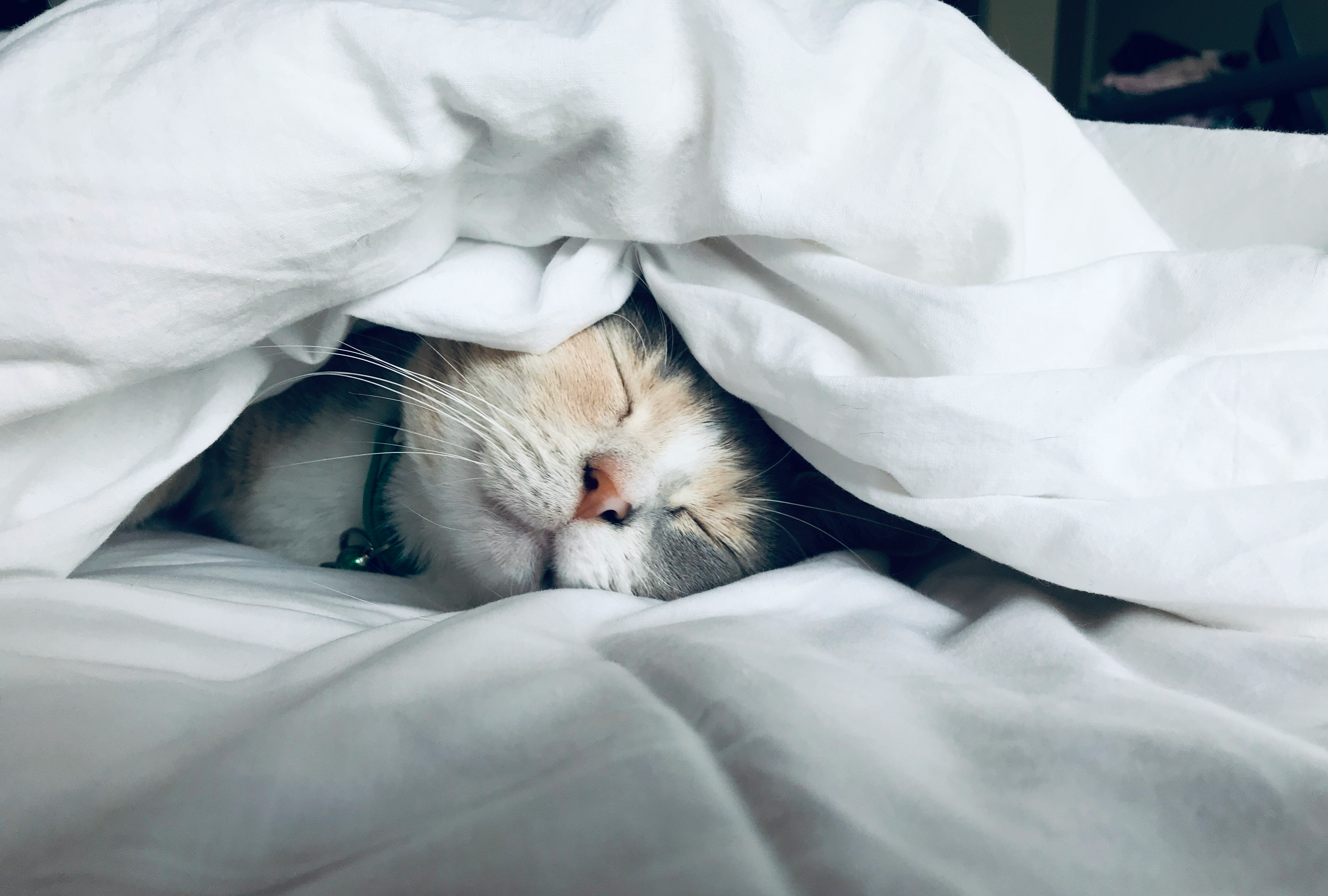If You Didn't Get Sleep, Should You Work Out?


The idea for this article came from a text I got from a former member. She was driving home to Jacksonville from Boca Raton, where she was up almost all night on a job. She was exhausted, with only three hours of sleep, and wondered if it was a good idea to go to the gym. This is actually a common question. If you’re running on fumes, do you still go to the gym? And the question typically comes from the people who are already very consistent in working out, our overachievers and our Type A personalities - they just don’t want to miss out. So, here’s my advice…
We’ve all been there…a horrible night of sleep (or lack thereof). Maybe the dog barked all night, maybe stress kept you tossing and turning, maybe you had a series of hot flashes (I see you), or maybe you just didn’t get to bed on time. Your sleepy self is wondering: Should I still go to the gym?
Let’s break down when it’s okay to train (and strategies for it) and when to rest.
Sleep Is a Performance Enhancer (or a Performance Killer)
Sleep is when your body does its best repair work. It restores your nervous system, regulates hormones, helps build muscle, and consolidates motor patterns (hello, better lifts). Without adequate sleep, everything from strength output to coordination to mood takes a hit. Studies show that sleep deprivation impairs reaction time, increases perceived effort, and elevates injury risk.
One Bad Night? You’re Probably Fine
One rough night of sleep isn’t a dealbreaker. In fact, if you’ve been consistent with training and your body feels okay, it’s fine to hit the gym, although you will want to do a light or modified session. But if poor sleep is stacking up over days or even weeks, that’s a totally different story. Chronic sleep deprivation is associated with reduced strength gains, stalled recovery, and elevated cortisol. That’s when hitting pause becomes imperative. Take a few days to destress and get high-quality sleep.
Signs You Can Still Train
If you're:
In this case, you’d want to do:
Moving your body can improve mood, circulation, and even help you sleep better the next night. Just don’t expect (or even try) to set records—and don’t guilt yourself into grinding.
Another factor is the time you train. It’s harder to get up early after a bad night of sleep to train like a zombie. It would be better to sleep a few more hours, go to work and then hit the gym after work. So, if you can alter your schedule, do it. But, you still may want to do the workout at a lower effort if you’re not 100%.
Signs You Should Take a Rest Day
Skip the workout if:
Know this: Taking one rest day won’t make you lose strength or fitness. What derails progress is chronic under-recovery and ignoring what your body is telling you. Progress is not made entirely in the workout itself—it’s made in the recovery afterward. Without rest, there’s no adaptation.
If You Decide to Skip the Gym, You Can Do This Instead
If you’re sleep-deprived, don’t ask, “What will I miss if I skip the gym?” Flip the script and ask, “What will I gain by giving my body what it actually needs today?”
And, if you’re someone who doesn’t prioritize sleep regularly, I hope this article convinces you to start.
Bottom line: sometimes REST is the most productive thing you can do.